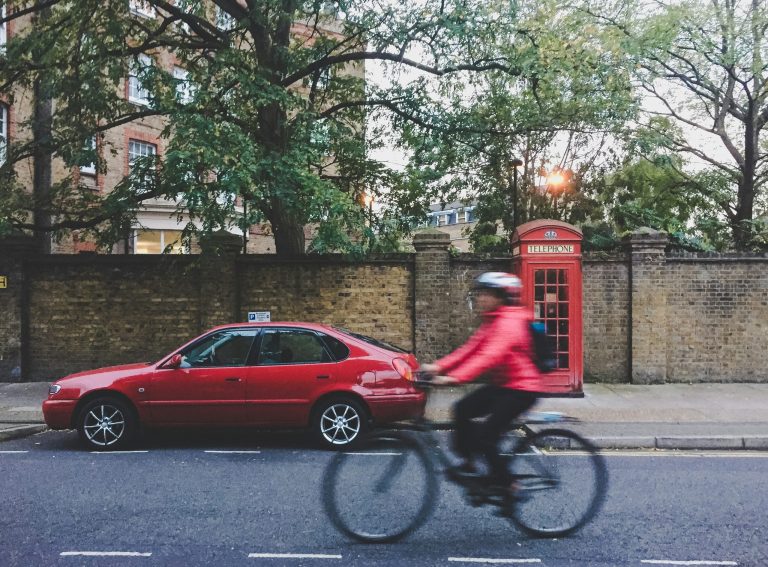Transport for London (TfL) has launched London’s first Cargo Bike Action Plan in a bid to promote and enable the growth of cargo bikes and help cut carbon emissions.
Approximately 90% of all goods in London are transported by road and around half of the value of household expenditure relies on freight, which is a major source of nitrogen dioxide emissions.
The transport body estimates that cargo bikes – which offer a much cleaner way to deliver freight and services – could replace up to 17% of van kilometres in central London by 2030.
It is estimated that the carbon savings resulting from cargo bike growth across Greater London will be up to 30,000 tonnes of CO2 a year by 2030.
The plan, which was unveiled today at the UK’s first dedicated National Cargo Bike Summit in central London, sets out actions to promote cargo bike use and address barriers that inhibit or prevent a shift from vans to cargo bikes.
Key actions include developing a London safety standard for cargo bikes that adopts best practice with guidance for both riders and operators; exploring the use of micro-hubs to support last mile cargo bike operations; monitoring where key cargo bike routes are across the city to identify usage patterns; using procurement policy to support further cargo bike uptake; and ensuring suitable capacity for cargo bikes when designing future TfL cycling schemes.
Will Norman, Mayor of London’s Walking and Cycling Commissioner, told Zag at the summit: “This is not a niche form of transport, it is going mainstream, big companies like Amazon, Barclays are making investments in this sector and major global logistics companies like DHL are integrating cargo bike deliveries into their transport plans across the city. This is what changes cargo bikes from novelty to normality.
“We now have to work together with London boroughs, riders, businesses, communities and the freight and servicing industry to achieve the full potential of this mode of transport.”
Cargo bikes also present a lower risk to people walking and cycling than vans and heavy goods vehicles (HGVs), helping to make London’s streets safer.
Rob King, Co-Founder and CEO of Zedify, told Zag at the summit: “This report from TfL sends an important signal about the serious role cargo bike logistics has to play in cutting London’s transport emissions. At Zedify, we’ve been pushing for an integrated, city-wide approach to addressing the opportunity for adopting cargo bike logistics at scale, so I’m delighted to see this report working towards just that.”
Beryl CEO and Co-Founder Phil Ellis told Zag: “Events like this are great for the industry to come together, share experience and discuss strategy as we look to establish e-cargo bikes as a genuine sustainable alternative to vans and road transport.”
Reducing transport emissions from transport, and freight in particular, are key considerations in the Government’s Transport Decarbonisation Plan.
This announcement follows the recent launch of Beryl’s new e-cargo bike scheme in Westminster in partnership with Westminster City Council.






